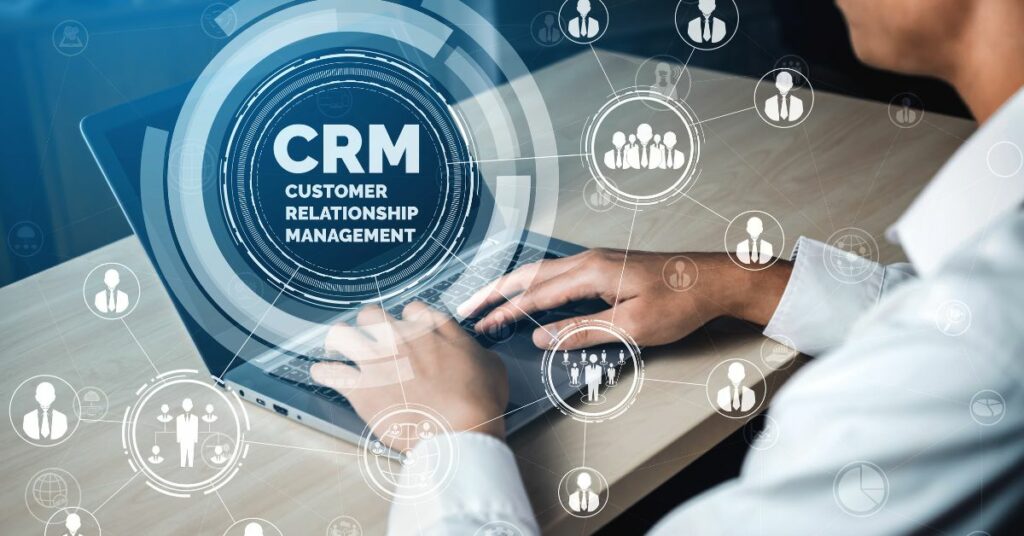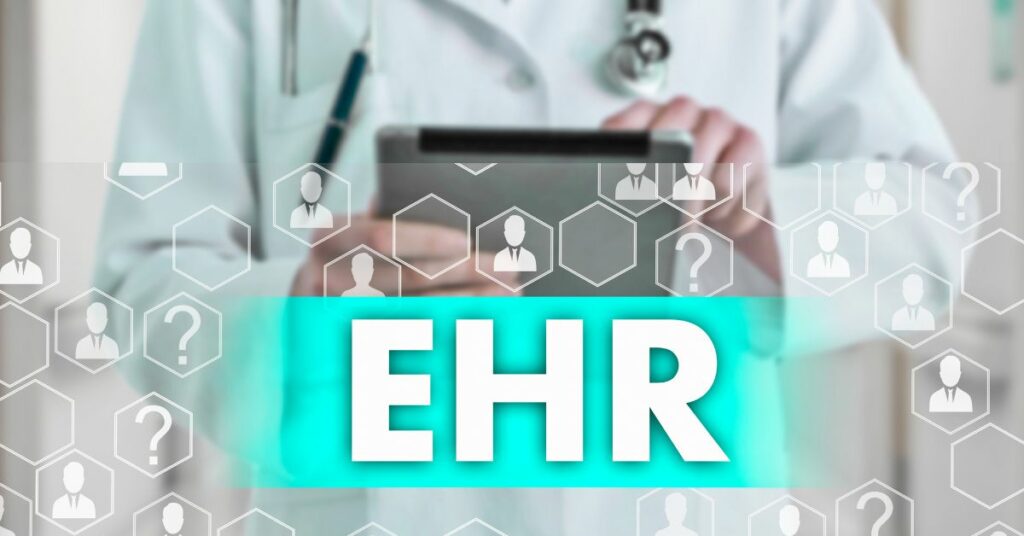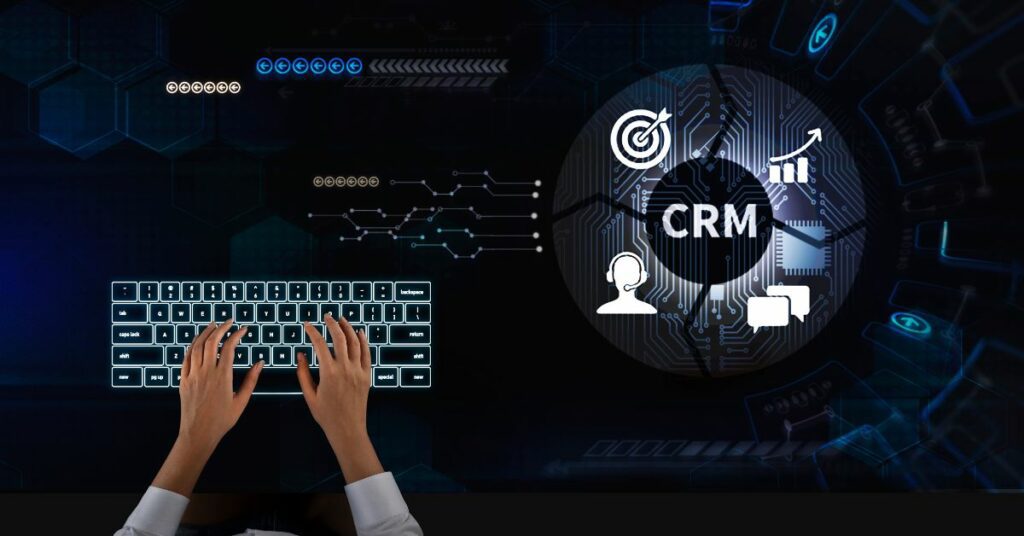There is a massive need for efficient patient management and seamless communication in the rapidly evolving healthcare industry. A Healthcare Customer Relationship Management (CRM) system can effectively solve this issue. A Healthcare CRM offers a comprehensive solution to streamline processes, improve patient experiences, and enhance overall efficiency. Many healthcare facilities have already started leveraging the power of this cross-cutting technology. In this article, we will explore what CRM is, how it is helping healthcare facilities, and what are its essential features & benefits. We will also see the step-by-step development process of Healthcare CRM and finally conclude the cost required in building a robust Healthcare CRM system for healthcare business.
What are the Topmost Features of a Healthcare CRM System?

Here are the topmost features of a Healthcare CRM System. These comprehensive features of a Healthcare CRM system contribute to improved patient care, streamlined processes, enhanced communication, and efficient data management. By leveraging these functionalities, healthcare organizations can optimize their operations, increase patient satisfaction, and achieve better health outcomes.
Patient Management: Efficiently manage patient information, medical history, appointments, treatment plans, and demographics. Ensure easy access to patient records for healthcare providers, facilitating personalized care and accurate treatment.
Appointment Scheduling: Enable patients to schedule appointments online, view available time slots, and receive automated reminders. Streamline the appointment booking process and reduce no-shows.
Electronic Health Records (EHR): Digitize and store patient records electronically, including medical history, diagnoses, prescriptions, and lab results. Ensure secure and centralized access to comprehensive patient information for healthcare professionals.

Communication Tools: Facilitate seamless communication between healthcare providers, staff, and patients through secure messaging, video consultations, and notifications. Enable quick and efficient information exchange, enhancing collaboration and reducing communication gaps.
Task Management: Assign and track tasks related to patient care, follow-ups, and medication reminders. Improve care coordination among healthcare teams, ensuring timely interventions and reducing errors.
Analytics and Reporting: Generate insightful reports and analytics to track patient outcomes, measure performance, and identify areas for improvement. Leverage data-driven insights to enhance operational efficiency and deliver quality healthcare services.
Integration Capabilities: Integrate with other healthcare systems and platforms such as Electronic Medical Records (EMR), laboratory systems, and billing systems. Enable seamless data exchange, reducing duplication of effort and ensuring data consistency.
Read Also: How CRM Integration to Logistics is Benefiting Logistics App Development?
Referral Management: Streamline the referral process by managing referrals, tracking their status, and facilitating communication between referring and receiving healthcare providers.
Revenue Cycle Management: Enable billing and invoicing functionalities, including claims management, insurance verification, and payment processing. Improve revenue cycle efficiency and financial management.
Patient Engagement Tools: Enhance patient engagement through patient portals, online health resources, and educational materials. Empower patients to actively participate in their healthcare journey and make informed decisions.
How a Healthcare CRM System Empowers Healthcare Facilities (Benefits)?

Following are the benefits of a healthcare CRM system. By leveraging these benefits, healthcare organizations can elevate their service delivery, drive better patient outcomes, and stay ahead in an evolving healthcare landscape.
Improved Patient Engagement
A healthcare CRM system allows for personalized interactions with patients, fostering better engagement. Patients can access their health information or schedule their doctor appointments through patient portals and communication tools. This ultimately improves patient engagement.
Enhanced Care Coordination
With a healthcare CRM system, healthcare providers can easily share patient information, collaborate on treatment plans, and track progress. This improves care coordination among different healthcare teams, ensuring seamless transitions and reducing the likelihood of medical errors or duplicated efforts.
Streamlined Workflow
By automating various administrative tasks, such as appointment scheduling, reminders, and documentation, a healthcare CRM system streamlines workflow processes. This frees up valuable time for healthcare professionals to focus on delivering quality patient care.
Improved Efficiency and Productivity
A healthcare CRM system eliminates manual and paper-based processes, reducing administrative burdens and increasing efficiency. With features like electronic health records (EHR), task management, and automated billing, healthcare providers can streamline operations and optimize their productivity.
Enhanced Data Security
Healthcare CRM systems prioritize data security and comply with privacy regulations, such as HIPAA. Robust security measures, including data encryption, access controls, and regular backups, ensure that patient information remains confidential and protected from unauthorized access.
Data-Driven Decision Making

With analytics and reporting capabilities, a healthcare CRM system provides valuable insights into patient outcomes, operational performance, and trends. This data-driven approach enables healthcare organizations to make informed decisions, identify areas for improvement, and optimize their services.
Increased Revenue and Cost Savings
A healthcare CRM system improves revenue cycle management by streamlining billing processes, claims management, and insurance verification. With fewer billing errors and faster reimbursements, healthcare organizations can optimize their revenue streams. Additionally, automation and streamlined workflows contribute to cost savings by reducing manual labor and administrative expenses.
Regulatory Compliance
A healthcare CRM system ensures compliance with industry regulations and standards, such as HIPAA and GDPR. By adhering to these guidelines, healthcare organizations mitigate risks, avoid penalties, and maintain the trust of their patients.
Improved Patient Satisfaction
Ultimately, a healthcare CRM system contributes to enhanced patient satisfaction. By providing personalized care, efficient processes, and seamless interactions, patients feel valued and well-supported throughout their healthcare journey.
Complete Development Guide for a Healthcare CRM System- Step by Step

Here is a step-by-step guide to building a robust Healthcare CRM System-
Step 1- Define the Project Scope
Start by clearly defining the goals, objectives, and requirements of the healthcare CRM system. Identify the specific functionalities and features needed, such as patient management, appointment scheduling, billing, reporting, and integration with existing systems.
Step 2- Choose the Right Technology Stack
Select the appropriate technology stack for developing the healthcare CRM system. Consider factors such as scalability, security, compatibility, and ease of integration with other healthcare systems.
Step 3- Design the User Interface and Experience
Create an intuitive and user-friendly interface for healthcare professionals and patients. Design screens, workflows, and navigation that align with industry best practices and ensure a seamless user experience.
Step 4- Develop the Core Features
Start by building the core features of the healthcare CRM system, including patient registration, appointment scheduling, electronic health records (EHR), billing, and reporting. Prioritize the functionalities that are critical for the system’s functioning.
Step 5- Implement Data Security Measures
Data security is crucial in healthcare systems. Implement robust security measures, including data encryption, access controls, authentication, and regular data backups. Ensure compliance with privacy regulations, such as HIPAA, to protect patient information.
Step 6- Integrate with Existing Systems
Ensure seamless integration of the healthcare CRM system with other existing systems, such as electronic medical record (EMR) systems, laboratory systems, or billing systems. This integration facilitates data exchange and provides a comprehensive view of patient information.
Step 7- Test and Quality Assurance
Conduct thorough testing and quality assurance to identify and fix any bugs, issues, or vulnerabilities. Perform functional testing, performance testing, and security testing to ensure a stable and secure healthcare CRM system.
Step 8- Deploy and Monitor
Deploy the healthcare CRM system in a production environment and closely monitor its performance. Continuously monitor system usage, data accuracy, and user feedback to identify areas for improvement and make necessary updates.
Step 9- Maintenance & Support
Make sure to regularly update and enhance the healthcare CRM system. Take user feedback, industry trends, and emerging technologies seriously to stay ahead of the curve.
What Does it Cost to Develop a Healthcare CRM System?

Determining the exact cost of building a healthcare CRM system can vary based on several factors, including the scope and complexity of the project, the desired features and functionalities, the technology stack used, and the development resources required. However, here are some cost considerations to keep in mind:
Development Resources: The cost of development depends on whether you choose to develop the healthcare CRM system in-house or hire an external development team. In-house development may require hiring experienced developers, UI/UX designers, and project managers, which adds to the overall cost. Alternatively, outsourcing to a reputable software development company can help manage costs while ensuring high-quality development.
Customization and Integration: The level of customization and integration required in the healthcare CRM system can influence costs. If you need extensive customization and integration with other healthcare systems, it may require more development effort and, consequently, increase the cost.
Features and Functionalities: The complexity and number of features and functionalities incorporated into the healthcare CRM system impact the cost. Advanced features such as patient portals, telemedicine capabilities, automated workflows, data analytics, and reporting may require additional development time and resources.
Data Security and Compliance: Healthcare CRM systems deal with sensitive patient information, necessitating robust security measures and compliance with privacy regulations like HIPAA. Implementing stringent security measures can add to the development cost.
Maintenance and Support: Consider the ongoing costs of maintaining, updating, and supporting the healthcare CRM system post-development. Regular maintenance, bug fixes, feature enhancements, and technical support are essential to ensure the system’s optimal performance and user satisfaction.
On average, in 2023, the cost of a CRM typically ranges from $15 per user per month for small businesses to $50 to $150 per user for larger enterprises.
Conclusion
A Healthcare CRM system offers tremendous value to healthcare organizations by improving patient care, streamlining processes, and enhancing operational efficiency. By adopting a comprehensive development approach and incorporating key features, healthcare providers can leverage the power of technology to deliver exceptional patient experiences.
Why Hire Us for Building Your Healthcare CRM System?
At QSS Technosoft, we specialize in developing custom Healthcare CRM development solutions tailored to meet the unique needs of your organization. All of our healthcare developers carry immense expertise in healthcare technology and are committed to delivering secure, scalable, and user-friendly CRM systems that optimize the operations of Healthcare facilities of our clients offering world-class patient care.
Contact us today to schedule a free discussion about your healthcare CRM requirements on a quick call!
We are proud to mention that our work has been recognized by leading B2B reviews and research platforms like GoodFirms, Clutch, MirrorView, and many more.


Building a Healthcare CRM System: A Comprehensive Guide